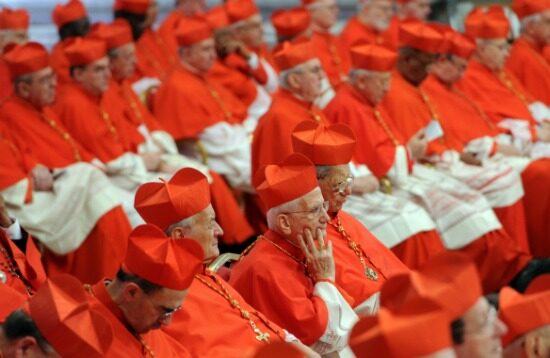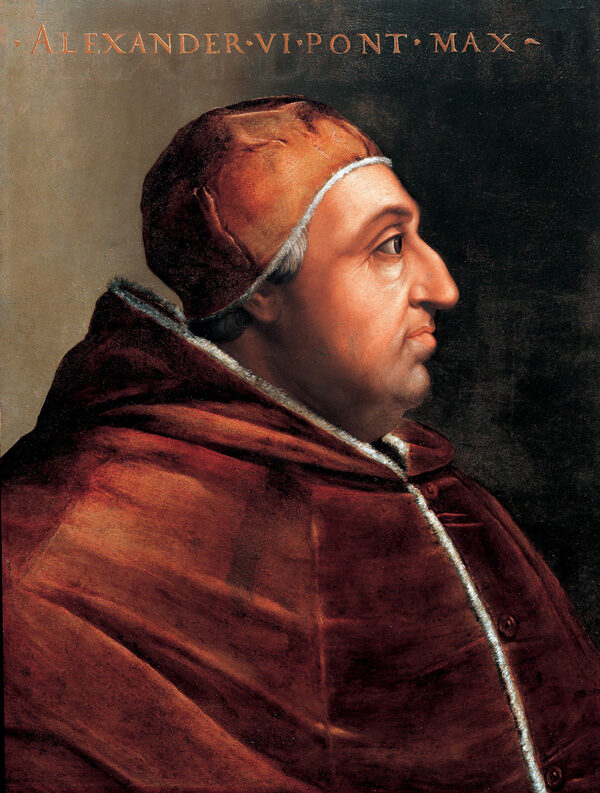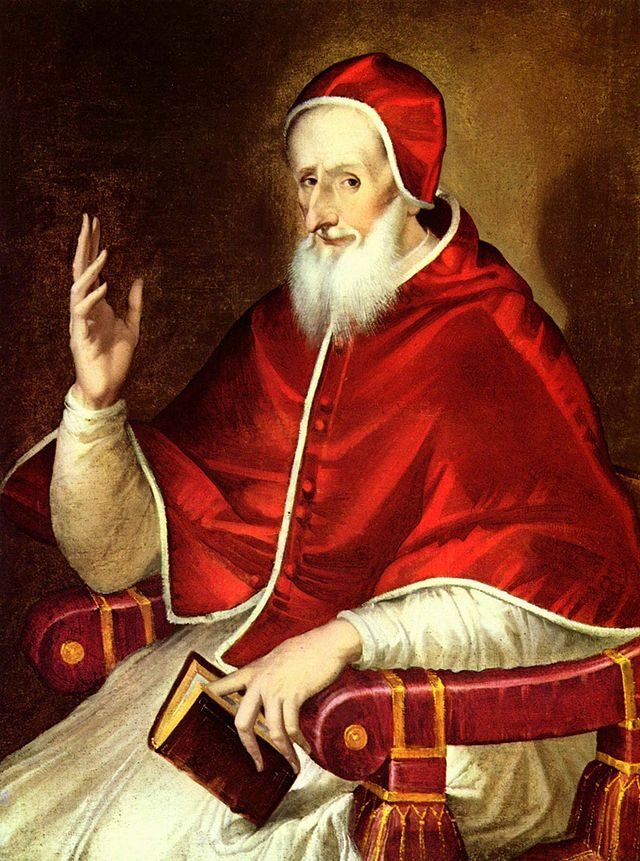The history of Papal elections is full of intrigue, plotting, bribery and in some rare instances, holiness. By the mid-fifteenth century the form for Papal elections was firmly established after the chaos of the Avignon schism. Unfortunately, Conclaves of the fifteenth century were shrouded in secrecy and tight security so very few accounts survive.
So how exactly was the Pope, leader of the catholic faith, chosen? Here are a list of things you will need to consider…
- The Pope dies and all Cardinals are notified (although those living far distant from Rome had little chance of returning in time for the Conclave
- Nine days later the Curia (Cardinals present in Rome) entered the Conclave and would be walled in until a decision was reached
- The voting begins and continues until two thirds of the Conclave agree
There were very few restrictions on who could be elected Pope but at a minimum you had to be male and naturally not a heretic. For all practical purposes the new Pope would be selected from the College of Cardinals (the last non-cardinal Pope was Urban VI elected 1378). During the Renaissance few men considered to be ‘divinely inspired’ choices actually became Pope, so how did they manage to attain their office?

The present day College of Cardinals
Source: religionandpolitics
Papal elections became notorious for bribery and worldly ambition. Often these Princes of the Church were reduced to bargaining during toilet breaks:
“Well has their conspiracy been made in the privies! Their plots too will have to retire and, like the Arian heresy, their most foul contrivings will end in a most foul place.” Pope Pius II
Offices and money were offered as incentives for votes. To be elected you would want to have some rich benefices, a large amount of movable goods, a well decorated modern palace in Rome and some seriously powerful relatives such as the Colonna, Orsini, Sforza or D’Este families.
“he expected to obtain his house in Rome, the church of Rouen, and the vice-chancellorship. Not a few were won over by Rouen’s splendid promises…” Pope Pius II
The most outlandish instance of buying and selling the Papacy was during the conclave of 1492 when (supposedly) Rodrigo Borgia who had made himself very comfortable as vice-chancellor of the Church managed to break the deadlock. He had been a cardinal for a long while and was one of the most important figures in the Roman court. Luckily for him his election to the papacy resulted from both the conflict between the Cardinals Ascanio Sforza and Giuliano of San Pietro in Vincoli [della Rovere later Pope Julius II] and his open bribes of many cardinals’ votes via moeny and promises of offices.

Rodrigo Borgia, Pope Alexander VI(1492-1503)
Source: Wikipedia
Several men became Pope because as compromise candidates who were old and harmless. However, no one anticipated they would remain Pope for a long time which allowed time for rival candidates to consolidate their position before the next conclave. In 1503 Alexander VI one of the most controversial Popes ever to sit on the throne died and the conclave headed in to elect:
“at last they decided, with the consent even of the Cardinal of Rouen…to elect as pope Francesco Piccolomini, Cardinal of Siena, who, because he was old and ill at that time, everyone presupposed would end his days in a very short time”
He was indeed Pope for a very short time he was elected 22 September and died 18 October. However some such Popes lasted a surprising (and worrying) long time. Gregory X lasted five years elected 1271 and died 1276. Calixtus III (Alfons de Borja) was elected in 1455 and died in 1458. During his reign he elevated two of his nephews to the College of Cardinals including the future Pope Rodrigo Borgia.
The final and, during the Renaissance, least likely way for a man to become Pope was to be a genuinely holy man. There are many canonised Popes however there is only own during the extended Renaissance period who were canonised. St Pius V elected 1566 died 1572.

Pope Saint Pius V
Source: Wikipedia
So if you are planning on going back in time and making a bid for the Renaissance Papacy you should now feel a little more prepared for the task ahead!








